The pop starlet reflects on her sibling-inspired rise, reveals a “filthy” lyric-writing tactic, and explains how motherhood changed her songwriting
In 2001 and 2002, Daniel Bedingfield landed a string of hit singles and a multi-platinum album with Gotta Get Through This, but a few years later his sister Natasha followed in his footsteps and went on to even greater things. Buoyed by hit singles These Words and Single, her debut album Unwritten topped the UK charts and its title track became the most-played song on US Top 40 radio in 2004, cementing Natasha as one of the most important and distinct female voices of her generation.
Natasha has now sold over 10 million albums and 10 million singles, was nominated for a Grammy Award for Best Female Pop Vocal Performance and received multiple Brit Awards nominations for Best British Female Artist. She has also collaborated with a wide range of artists during her illustrious career, including Paul McCartney, Nikki Minaj, Bruno Mars, Big Sean, Rascal Flatts, Stevie Wonder, Lil Wayne, Brandy, Sheryl Crow, Sean Kingston and Jon Bon Jovi.
We were able to catch up with Natasha shortly before the release of her highly-anticipated fourth studio album, Roll With Me…
Read how Natasha Bedingfield wrote These Words
How are you?
“Great, thanks. I did a show last night at Islington Assembly Hall in London, and I’m still kind of ‘vibing’. I did stay up and only had about three hours of sleep, because I went to bed at 2am, but then my baby woke up at six o’clock. So it’s a different type of rock ‘n’ roll now!”
We remember when you burst on the scene about 15 years ago, shortly after your brother Daniel hit the big time. You almost followed in his slip-stream and then actually overtook him.
“My brother was like a child prodigy, he’d write all the songs himself and I just remember being 12 years old, wanting to write songs, and having the feeling that, ‘Oh I can’t’. I could feel this energy inside, like there are things that you want to say but I didn’t know how to say it. I had one friend called Jonas, a Swedish guy, and we used to meet up every week, read Songwriting For Dummies and try to figure it out – how do you do it? Just little tricks like making the end of your sentences rhyme, instead of just saying, ‘…you,’ at the end of everything!
“But the breakthrough came for me when I realised that songwriting doesn’t have to be by one person, you can collaborate, and that is legitimate. It’s powerful because there’s this chemistry experiment that happens when a few people get in a room, together.”
When did you start making music with Daniel and your sister Nicola?
“Well, me and my sister were basically my brother’s backing singers and we learnt how to harmonise and how to sing, from him.”
What did you think when he suddenly became famous and successful as a solo artist?
“He was just writing songs in his bedroom at the top of the house and he would yell down, ‘Everybody be quiet, I’m recording vocals!’ Then, for an hour, we’d all tip-toe around the house while he’d record. And he’d beatbox everywhere, all the time. We did some family jobs where we’d vacuum the stairs in apartments and saved up to buy one of those keyboards you can actually produce with. But Dan was always on it, so I never got to use it. So it was very exciting when a DJ started playing his music, everything blew up and he had this bidding war, but I just kept doing my thing – kept songwriting and started collaborating with people, after school, and would write until the early hours of the morning. I had this thought that you’ve just got to work with what you’ve got and what’s around you.”
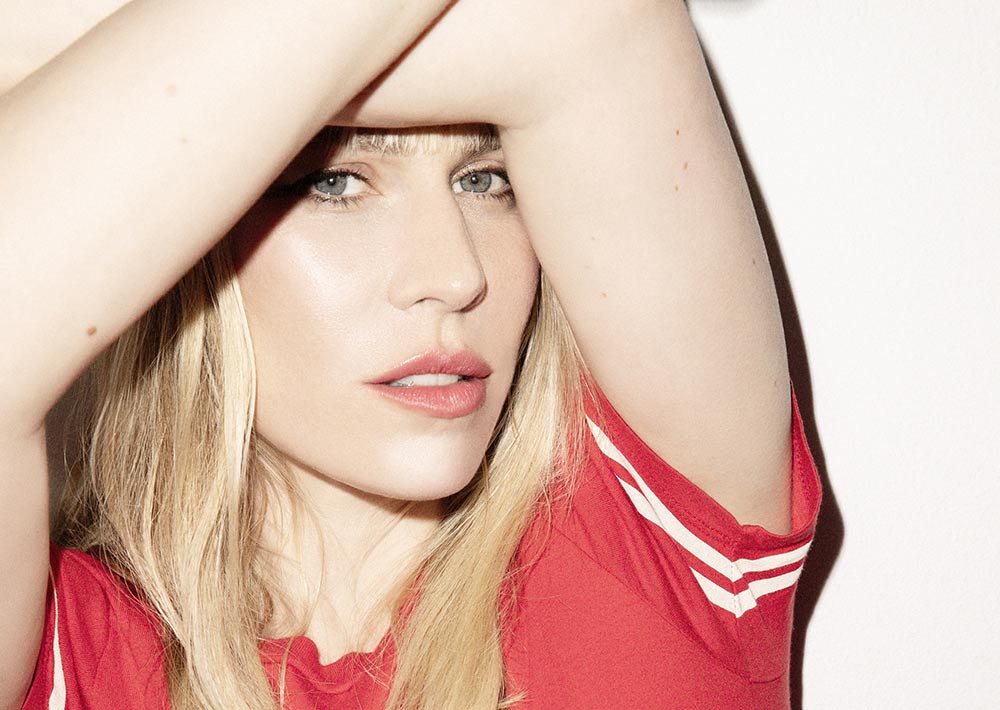
Natasha Bedingfield: “There’s this chemistry experiment that happens when a few people get in a room, together.” Photo: Kenneth Cappello
Let’s fast-forward to your big break. The One That Got Away was the only song written prior to the Unwritten sessions, wasn’t it?
“That’s true. I had one producer that I worked with in Acton Town, I’d go over there every night after school and we’d just do all dance stuff, like beat-driven house. Then I went in to meet a label – [Phonogenic Records] a brand new off-shoot of Sony – and I played them some of my demos, but I sang over them as I played them, and they said that they wanted to sign me. They said the demos sounded ordinary, but when I sang over it, it was like, ‘Oohh!’ They were songwriters – Steve Kipner, I think it’s every decade that he’s written a hit – and they wanted to develop an artist, so they created a label and I was the first artist that they signed. And they really were my mentors – I became exponentially better as I wrote with them, because I learnt so much.”
Yes, we were looking at your discography and saw Steve Kipner as a frequent co-writer for you…
“So they were the label and the writers. We did bring other writers in, I had a publishing deal so we got a lot of EMI writers. When Danielle Brisebois walked into the studio, sparks were flying and we wrote a couple of hits together!”
You make it sound so easy!
“The funny thing with hit songs, sometimes you’ll spend all day writing a song, labouring over it, and then you’re like, ‘Oh let’s just write another song,’ and that next one only takes 15 minutes, and sometimes it’s that easier song that has a flow. But you wouldn’t have written it unless you’d spent all day putting the homework in.”
Tell us more about the Unwritten sessions, and specifically how you wrote These Words?
“Hmm… With These Words, Steve Kipner and Wayne Wilkins – he’s a Londoner from India – made these beats and we were sitting around writing, trying to think of how to say, ‘I love you,’ in an original way, and we were really feeling stuck because it’s not easy. There’s an obsession with songwriting to try and say something that’s never been said before, but that everyone says every day. We just couldn’t figure out the chorus, we were going on and on, and it was sounding overcomplicated. We were going, ‘I love you like… the water from the ocean, that goes out into a river, and goes out into the sea…’ It was ridiculous and the lyrics were kind of superfluous. Then, as a joke, and in frustration, I was just like, ‘What about [sings] I-love-you-I-love-you-I-love-you?’ And they were like, ‘That’s it, that it! Wait, wait, say that again, that was amazing!’ Interestingly, if I hadn’t been with them, I would’ve just through that idea away, because I was just joking. And that is what’s fun about collaborating – you can just bounce off each other and people will pick up on stuff that you would’ve let slide. And it really is hard to pick sometimes.”
Do you avoid writing on your own, or do you just like collaborating more?
“I write poetry on my own, but honestly I just enjoy collaborating more.”
How about when you write lyrics? They’re excellent and very personal, so do you like to work on that separately?
“I love that you can hide a lot of meanings in a song, with symbolism, and you can write about someone else, or it could be about you. I like the ambiguity, I like the fact that music can have a feeling about it, that can be more powerful than words, and you can get away with saying a lot more in a song than you would in real life.”
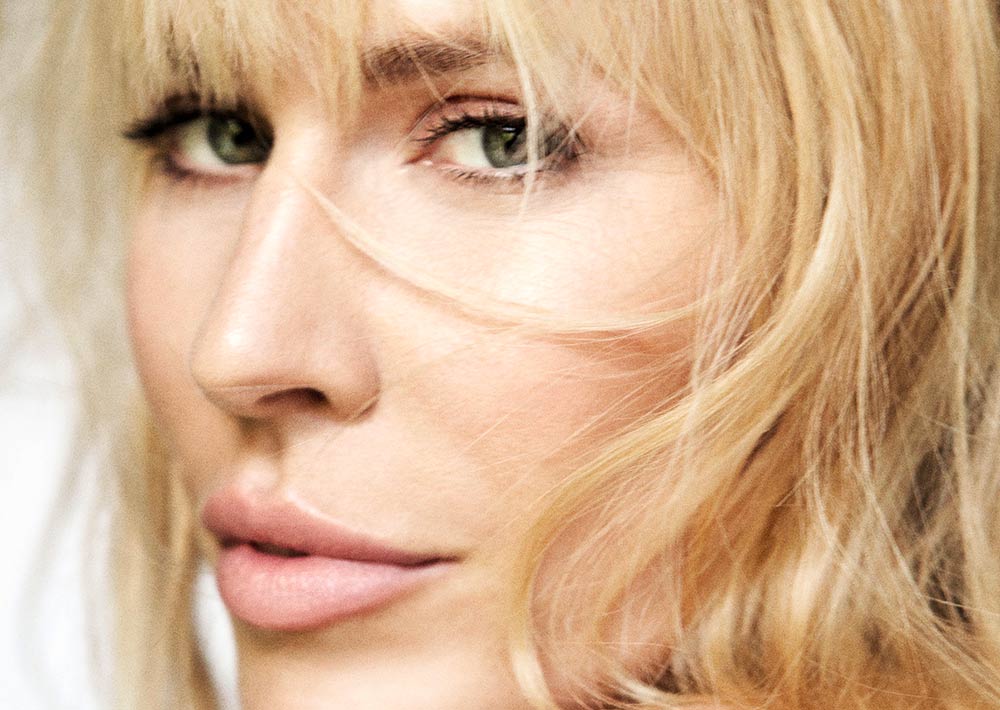
Natasha Bedingfield: “I often get really filthy when I’m writing _ real potty humour, explicit stuff!” Photo: Alexander Straulino
Were you aware that your lyrics would be so honest and provocative at the time, or was it just stream of consciousness that you allowed to flow?
“Yeah, I’m a really big lyric writer – it’s always been very important to me – and I think sometimes people don’t listen to lyrics as much as I think they do, and I probably care a bit too much about it. Even when I listen to someone else’s song, I don’t really focus on the lyrics, but for me, I’ve always been meticulous and check in with myself about making sure it feels like something that I would say and is very true to me.”
Do you find lyrics easy to write?
“Yeah, I usually write about 11-16 pages for every song, or even more. Lyrics come very easy but choosing them is hard. What I’ve found is it’s best not to edit yourself until later. Because if you edit as you go, sometimes you miss things. One other songwriting technique that is really funny, and fun, and maybe unique, I’m not sure, is I often get really filthy when I’m writing – real potty humour, explicit stuff! What I’ve realised is that it’s like you’re bypassing your own superego and letting that little cheeky child part of you roam free. In doing that, you release ideas and take away the rules and the things that make you feel proper, and it lets ideas flow that you wouldn’t have let flow, normally. Then the ‘parent you’ comes in and can be, ‘Right, let’s make some order out of this.”
Fantastic! That’s such a great technique, and certainly not one we’ve heard before. Looking at your second and third album credits, you started working with another range of experienced, professional songwriters like Ryan Tedder and Greg Kurstin. Did you approach those sessions any differently than you did with your debut?
“Well, I was really lucky because going in there [to make the first album] I was writing with some big songwriters already, so that was something I felt very comfortable with. Songwriters are just such fun people and are very aware of themselves, and it just feels like you’re hanging out and working at the same time, so it’s so fun.
How do go about selecting collaborators, especially now you’ve worked with so many great songwriters?
“Well, [Roll With Me] is the first album where it’s all me and just one other person – just me and Linda Perry. There’s one song where Angel Haze is rapping on there and she gets a songwriting credit on that, but this is the first time I got to really dig in with one person and it was really fun. It didn’t feel like a collection of songs, it really felt like a body of work.”
Tell us about how you approached this album with Linda?
“This album was a very freeing experience, we had so much fun. One thing that was unique was that we wrote all the songs in time to put our kids to bed! We would finish before five or six o’clock. Normally, I write songs in the evening, I don’t start until 3pm and I write into the early hours, and I always thought that I was a night-time writer. But because we both had kids, we had to adjust, so that was interesting – we’d either have that early morning energy, or tiredness! For me, the experience has become very effective – in a small window of time, you’re really listening to your intuition, showing up and not over-thinking things.”
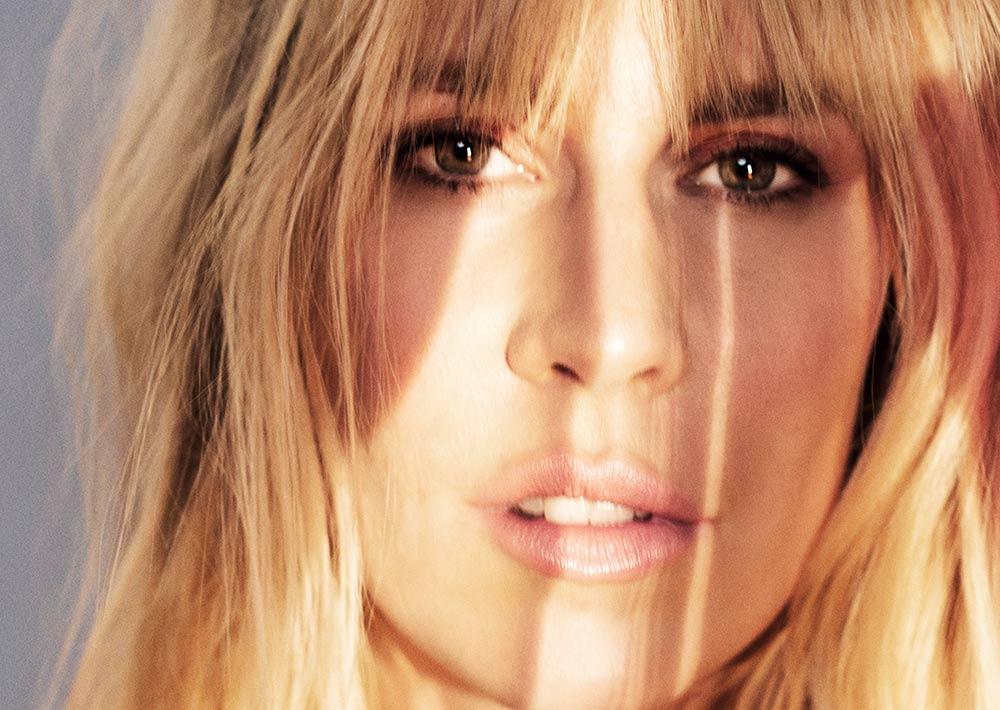
Natasha Bedingfield: “Writing for other people is really fun because it’s like solving someone else’s problem _ it’s much easier than solving your own.” Photo: Alexander Straulino
Where were you writing?
“We were writing in her studio in LA.”
How did you approach each song? Did you tend to start with a melody, or a title, or a complete lyric, or was it different every time?
“A lot of times I start with the title. I have a whole list of titles and concepts – I find those songs come together much quicker. With this particular album, I just love doing live shows so much and I want people to move to my music, so that was our goal. So as we were writing, we’d be like, ‘Oh yeah, I can feel something there.’ Every writing session is so different, but with this particular project, movement was a very large part of our goal.”
Do you play any instruments?
“I only play a bit of piano for songwriting, but I’d never play it on stage. I’ve tried to learn the guitar, but I don’t keep my fingernails short enough!”
Did the songs come together fairly quickly for this album?
“It was fairly short – it was half a year, maybe a year. I had a baby, four months old, went into the studio and I came out with an album!”
Tell us more about how you’ve written for other people.
“Writing for other people is really fun because it’s like solving someone else’s problem – it’s much easier than solving your own. I get complete downloads when I write for someone else; the whole song comes really quickly. I love it, I love connecting with someone’s unique voice and I particularly like helping someone develop their sound from scratch, when they’ve never released anything.”
Do you get assigned people to work with, or do you go out and look for potential artists?
“I have a great publisher who helps set up a lot of stuff, then I meet people at award shows.”
Do you write for them in a different way to how you write your own stuff?
“I try to bring out something that’s personal to that person. I think it’s really important to think about someone’s audience and their life, and the more true to life it is the more it resonates. For example, not every artist could’ve released Amy Winehouse’s Rehab – only she could because it was very true to her life – so if a label was like, ‘This is definitely a hit song,’ and just given it to a random person, it wouldn’t have connected.”
Have you ever written any songs with your brother, since those early years?
“We had tried to song-write together, but we’re very different in our style. I’m much more… conceptual. And he’s very ‘from life’. So we don’t really write together, and I think that’s why we’re friends!”




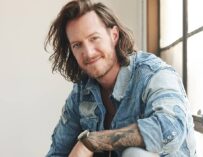



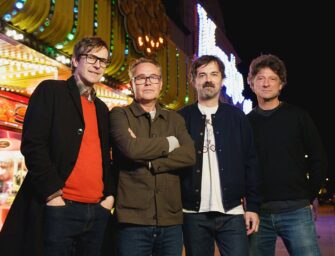

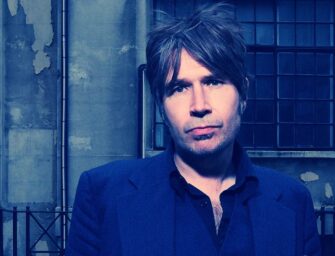

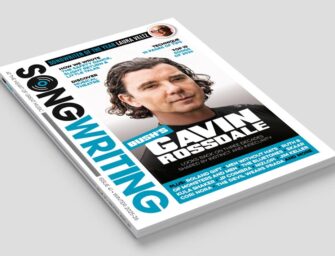




















Related Articles